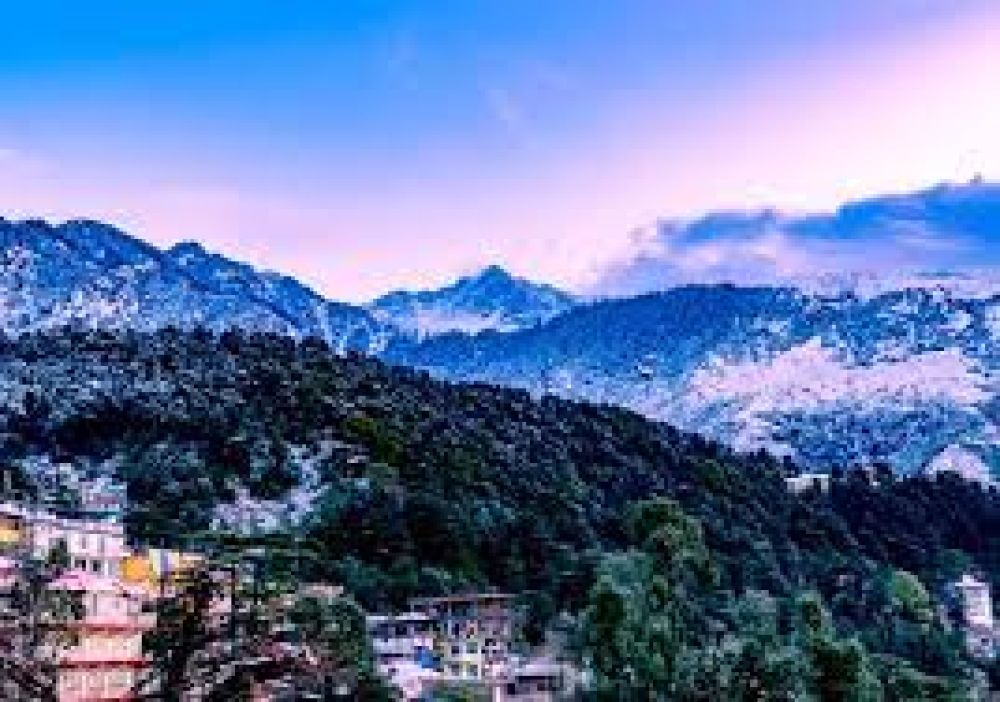

McLeod Ganj is a suburb of Dharamshala in Kangra district of Himachal Pradesh, India. It is known as "Little Lhasa" or "Dhasa" because of its large population of Tibetans. The Tibetan government-in-exile is headquartered in McLeod Ganj. The history of tourism in McLeod Ganj can be traced back to the mid-19th century when the British established the area as a garrison.
The British Raj in India created McLeod Ganj in the 1840s as a hill station for its troops and administrators. The town was named after David McLeod, the then Lieutenant Governor of Punjab. McLeod Ganj quickly developed into a popular summer retreat for British officials to escape the intense heat of the Indian plains. While the British presence brought the first wave of tourism, the area remained relatively quiet compared to other British hill stations.
The turning point in McLeod Ganj’s history came in 1959 when the 14th Dalai Lama, Tenzin Gyatso, fled Tibet after a failed uprising against Chinese rule. He eventually settled in McLeod Ganj, which has since become a sanctuary for thousands of Tibetan exiles. The arrival of the Dalai Lama transformed the town into a centre for Buddhist learning and culture, and it began to attract visitors from all over the world. Interest in Tibetan Buddhism and support for the Tibetan cause led to a significant increase in tourism.
Since then, McLeod Ganj has experienced a tourism boom, drawing travelers interested in spiritual enlightenment, trekking in the majestic Dhauladhar range, or simply enjoying the unique cultural blend of Tibetan and Himalayan life. The town offers numerous attractions such as the Tsuglagkhang Complex (which houses the Dalai Lama's temple), the Tibet Museum, the Library of Tibetan Works and Archives, and the Namgyal Monastery.
In recent years, there has been a push towards sustainable tourism practices in McLeod Ganj to preserve the ecosystem and the area's natural beauty. Projects for eco-friendly accommodations and responsible travel initiatives have been on the rise. The government and several NGOs work to ensure that tourism development does not disrupt the traditional lifestyle of the local population or the Tibetan community.
Cultural Immersion: The latest trend in McLeod Ganj tourism focuses on deep cultural immersion. Visitors are keen on experiencing local Tibetan culture through language classes, cooking workshops, and meditation retreats. Adventure Tourism: Adventure tourism is also thriving, with visitors flocking to the region for trekking, paragliding, and camping. Wellness Tourism: The practice of yoga and the search for holistic wellness experiences continue to attract tourists to McLeod Ganj, with the town hosting various wellness retreats and yoga centers. Digital Nomadism: With improved connectivity and infrastructure, McLeod Ganj is becoming a hotspot for digital nomads who wish to work remotely while being surrounded by nature and engaging with a diverse cultural scene.
As McLeod Ganj adapts to the changing demands of modern travelers, it continues to maintain its charm and the spiritual allure that has captivated visitors for decades. Whether one is seeking spirituality, adventure, or tranquility, McLeod Ganj offers a unique and enchanting experience.